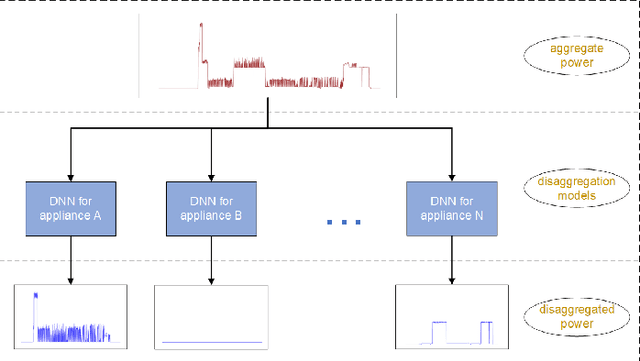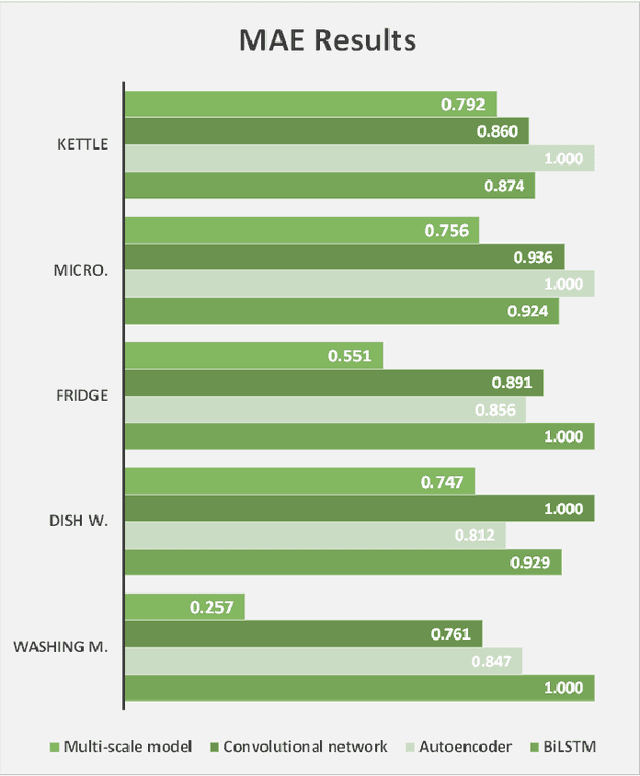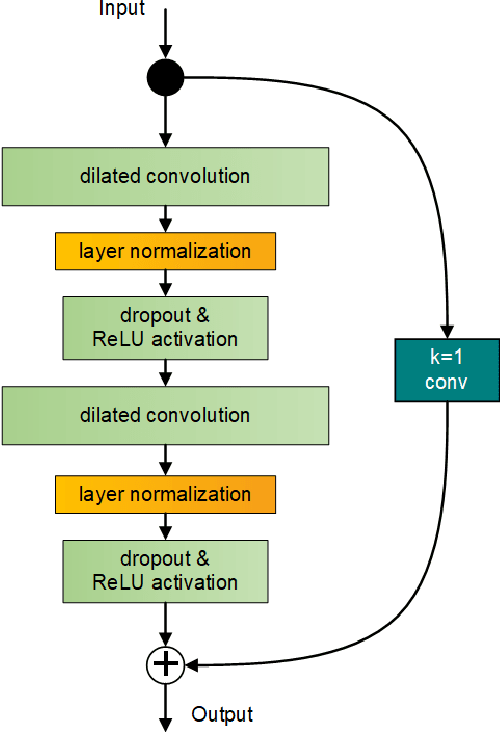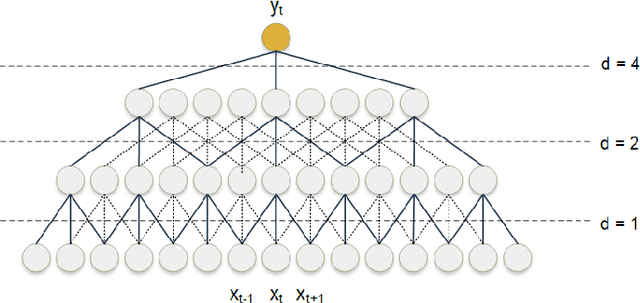Sequence-to-Sequence Load Disaggregation Using Multi-Scale Residual Neural Network
Paper and Code
Sep 25, 2020



With the increased demand on economy and efficiency of measurement technology, Non-Intrusive Load Monitoring (NILM) has received more and more attention as a cost-effective way to monitor electricity and provide feedback to users. Deep neural networks has been shown a great potential in the field of load disaggregation. In this paper, firstly, a new convolutional model based on residual blocks is proposed to avoid the degradation problem which traditional networks more or less suffer from when network layers are increased in order to learn more complex features. Secondly, we propose dilated convolution to curtail the excessive quantity of model parameters and obtain bigger receptive field, and multi-scale structure to learn mixed data features in a more targeted way. Thirdly, we give details about generating training and test set under certain rules. Finally, the algorithm is tested on real-house public dataset, UK-DALE, with three existing neural networks. The results are compared and analysed, the proposed model shows improvements on F1 score, MAE as well as model complexity across different appliances.
 Add to Chrome
Add to Chrome Add to Firefox
Add to Firefox Add to Edge
Add to Edge